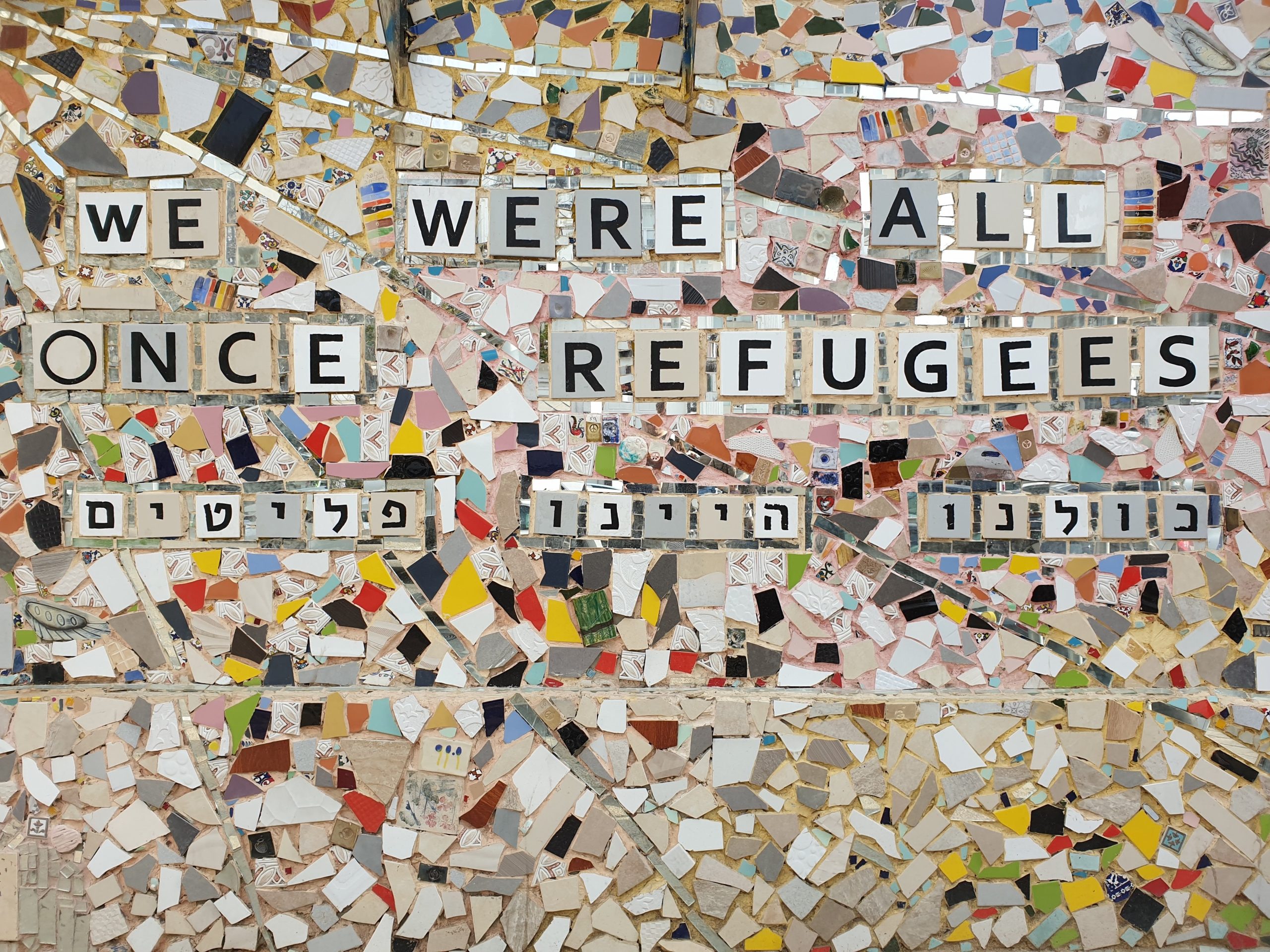
“How many of you here tonight were born in London?” In a room of 400 people, no more than 20 of us put up our hands. (In case you’re wondering, I’m from Dartford.) “And how many of those people’s parents were also born here?” Six people confirmed they were second generation Londoners. “And your grandparents?” The arms were lowered. “You see,” said the man on the stage, “we’re all immigrants in a way.”
The person asking the question was the Chilean folk singer Nano Stern, currently on tour in Europe to commemorate the 50th anniversary of the death of the great musician and activist Víctor Jara. At such a concert, you’d expect a fair percentage of the room to be from other places. It’s also worth remembering that London is a metropolis, not some backwater where successive generations are more likely to stay in the same place. But the point was still well made.
Read Robert Winder’s masterful book Bloody Foreigners and you are left in no doubt that we are a mongrel nation, or a composite if you prefer. Reflect for a moment and the idea of an immutable national identity is a chimera. “Englishness” has never been stable and settled. Our island history includes contributions from the Angles, the Saxons, the Vikings, the Romans, the Normans, the Huguenots, the Germans, the Irish, the Scots, the Italians, the Jews and various corners of the Commonwealth to name but a few. Whether we choose to acknowledge it or not, we are citizens of the world.
The recent Gary Lineker furore – the broadcaster and former footballer criticised the language of the government’s policy on immigration in a Tweet as “not dissimilar to that used by Germany in the 30s” and was suspended by the BBC for a week – stirred up the national debate about “bloody foreigners” again. One wine writer couldn’t resist joining in. “What size boots does Lineker wear?” he asked. “They’re too big for him.”
That person was none other than the great Hugh Johnson, author of The Story of Wine. Johnson’s views may be surprising – he knows as much as anyone about the role that immigrants have played in the history of wine and the importance of open borders and free trade – but they are more common than you’d imagine among people who work in and around wine. These are often the very same folk who think that London has a semi-divine right to be the centre of the fine wine and financial worlds. Call it the Brexit mindset.
It’s hard to think of a more cosmopolitan product than wine. Yes, there are places that can’t grow grapes – or at least the kind of grapes that will produce a potable beverage – but wine crosses borders with ease. It is an immigrant. Historically, wine moved without a passport, as it were. Visit the southern part of Galicia, close to the frontier with Portugal, and the same grapes, albeit with slightly different names in some instances, are grown in both countries. I like the fact that Spaniards pop into Portugal to go the gym, in the same way that Portuguese cross the Minho for better ham. Grape varieties are a bit like that – always happy to try a new terroir, always prepared to adapt.
These days, of course, the movement of plant material is more strictly regulated. You can’t do what immigrants did at the start of the 20th century when they travelled from Italy to South America, including a few cuttings in their luggage to plant a vineyard in their new home. There are still what are known as “Samsonite” or “gumboot” clones, smuggled in suitcases across the globe, but they are much rarer these days. Quarantine rules are there for a good reason. Too many virused plants have made their way to other countries because of the actions of irresponsible people. It is right that such restrictions exist.
And yet movement defines who we are as wine people. Where would our world be without the Phoenecians, the Greeks, the Romans, without Cistercian monks, Spanish colonisers/conquerors, French Huguenots, the Dutch and, indeed, the British? What, too, would it be without flying winemakers and consultants, not to mention harvest interns?
One of the things I like most about wine is its internationalism – its desire to share experiences, knowledge and cultures. People who work in wine are open-minded in the main, keen to travel but also happy to offer hospitality once they are back home. Wine teaches us to reach out. Wine teaches us to be better versions of ourselves.
Originally published in Harpers Wine & Spirit ; photo by Antoine Merour on Unsplash